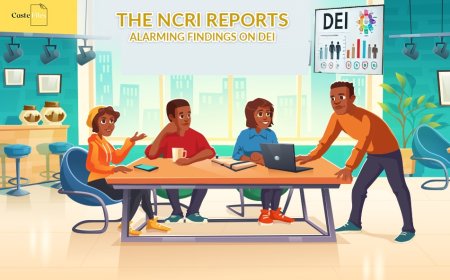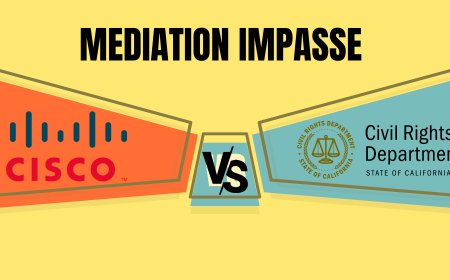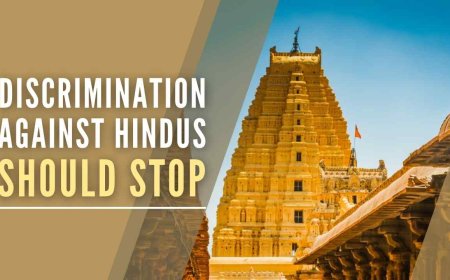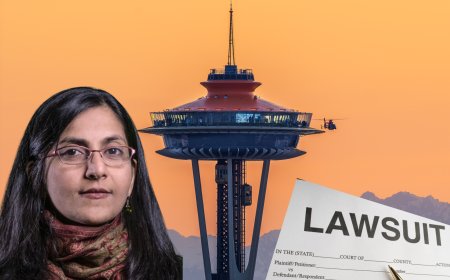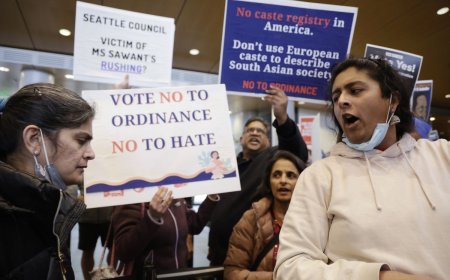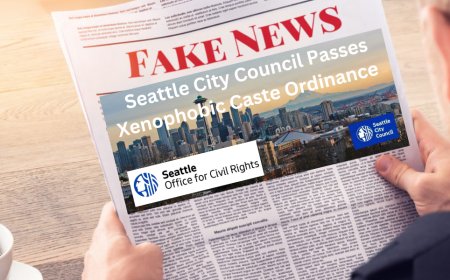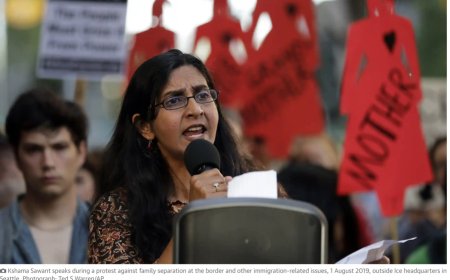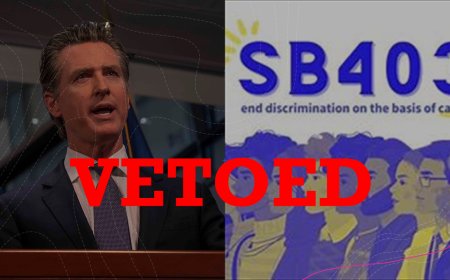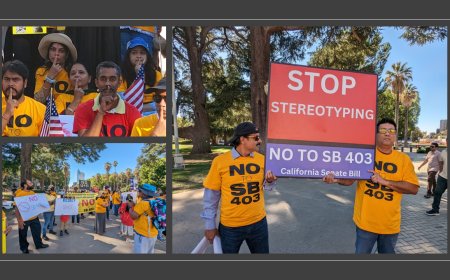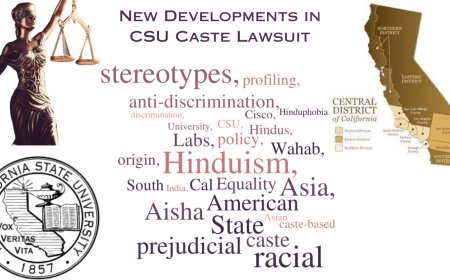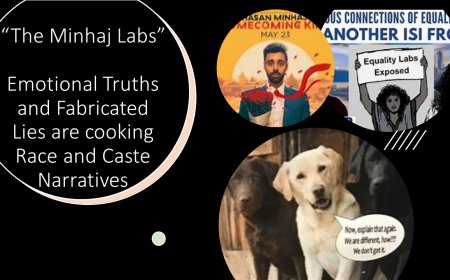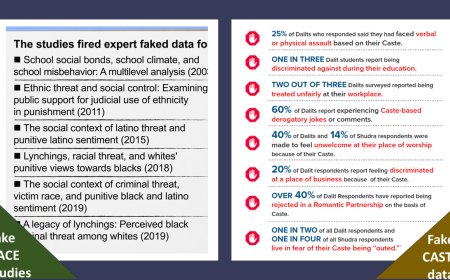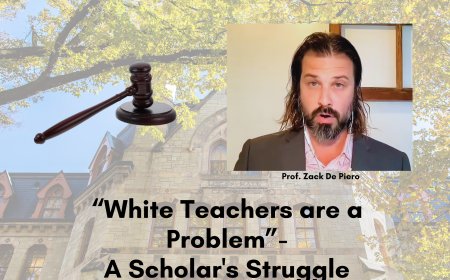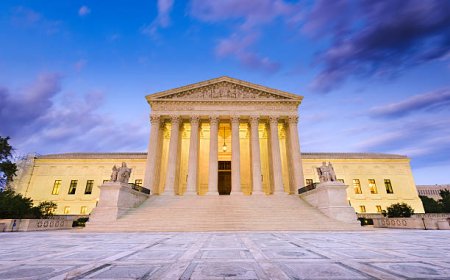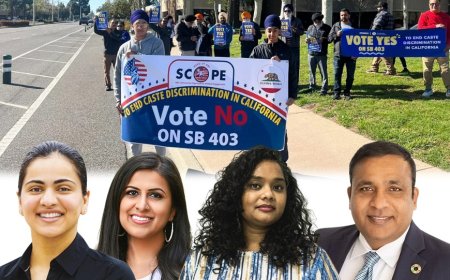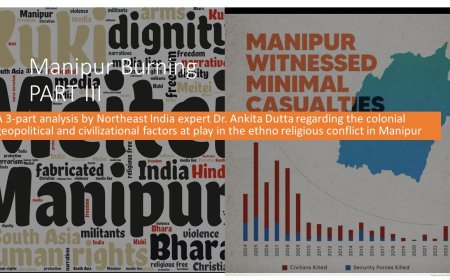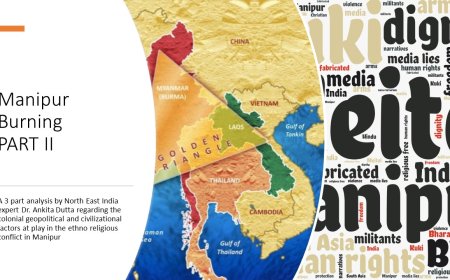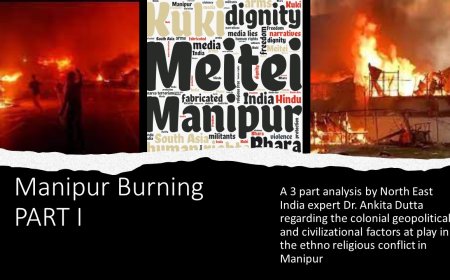Seattle Caste Ordinance: Divisive, Discriminatory, and Violation of First Amendment Rights

Kshama Sawant’s proposed caste discrimination ordinance in Seattle is discriminatory, divisive and a flagrant violation of Hindu American community’s First Amendment rights.
The recent ordinance on Caste discrimination proposed by Ms. Kshama Sawant in Seattle has caused widespread concern among the Hindu American diaspora community throughout the United States. The proposed legislation is viewed by many as anti-Indian American, divisive, and a violation of First Amendment rights. More than a thousand emails have gone to the councilors, and city council meetings have been flooded with concerning comments on the caste legislation.
In this article, we will examine the reasons why the proposed ordinance is seen as discriminatory and biased and why it is opposed by many members of the South Asian community in the United States.
Firstly, Ms. Kshama Sawant, who proposed the Caste ordinance, has faced a recall[1] for violating her oath of office three times. In the Indian Community, she is notorious for having twisted facts during the anti-India and anti-CAA resolutions proposed in Seattle. Her name was dropped many times in the power corridors of various cities as the force behind city council resolutions against the CAA law, targeting India falsely for a humane legislation for persecuted refugees.
The caste ordinance in Seattle is viewed as an even larger attempt to embed anti-Indian American legislation that would divide the South Asian community and lead to ethnic profiling.
This proposed caste ordinance would not only divide our community, but it would also invite legal complications for the city, as has been seen in universities in Rhode Island and California and in the Cisco caste discrimination case.
Furthermore, caste as a category is not clearly defined in the U.S. Constitution, which is one of the reasons why the Santa Clara Human Rights Commission in California dropped the caste resolution in August of 2022. Current provisions in the U.S. legal system are sufficient to address all forms of discrimination. Adding caste as a category is, therefore redundant.
It is also worth noting that the CISCO case is still pending – with much of the information being contested as fabricated[2] — and the Seattle Caste ordinance makes the mistake of quoting the allegations in the CISCO Caste case as facts. The head of the CRD, Kevin Kish, is currently being sued for the unconstitutional nature and targeting of Hindus in the Cisco case and the anomalies, and many have called out the fabrications and ethical violations involved in it. Quoting these disputed and unproven allegations in the proposed legislation is highly misleading and unethical.
The data used to support the ordinance is faulty, unscientific, and seven years old. It uses largely unscientific survey results from Equality Labs — an openly Hinduphobic organization – instead of a more recent report by the Carnegie Endowment for International Peace[3], which showed that caste discrimination in the U.S. is low and not statistically significant.
From a social and sociological point, Caste is neither a Hindu nor Indian word nor is it English. It is a Portuguese word of Iberian origin and has a horrific history of oppression with Herbert Risley’s scientific racism attached to it. Hindus have en masse suffered due to the imposition of colonial identities like ‘Caste’ and ‘Dalit’ upon them in the late 1800s and early 1900s.
In fact, the attempt to define caste as Hindu and as a rigid hierarchical system “embedded in Hinduism” is itself a constitutional violation of Hindu-American rights. Attempting to define religion is prohibited by our constitution and is a violation of the Establishment Clause of the First Amendment.
The appointment of a special body by the city to understand and interpret the nuances of caste, assign caste groups, and create a hierarchy to monitor caste-based discrimination would be a violation of the Establishment Clause which prevents the government from interpreting religion. Seattle cannot interpret religion or violate the fundamental rights of immigrant South Asians, Indians, or Hindus. Furthermore, it is not clear how Seattle would handle individuals who identify as Hindu, but also as atheists. This raises serious questions about the rights of immigrants from South Asia, Indians, and Hindus to self-determination and their fundamental rights as American citizens.
Perhaps the most blaring issue with the proposed caste ordinance is that it does not reference the 2020 report by the Carnegie Endowment for International Peace, conducted in collaboration with the John Hopkins School of Advanced International Studies and the University of Pennsylvania which demonstrates that Caste discrimination in the U.S. is so low that it is not statistically quantifiable and projectable. Furthermore, nearly half of the Hindu Americans surveyed did not answer the caste section of the survey, and less than half of those who answered said they did not know their caste identity. Finally, it is notable that caste discrimination was the least concerning to the sample studied, rendering it statistically insignificant.
This proposed caste ordinance opens colonial wounds and depends on faulty and fabricated surveys and unproven caste cases to attempt to define Hinduism with ulterior motives. Articles that claim to address inherent and endemic discrimination in Hindu social structures are silent about other religions yet argue that Hindus have no right to call out Hinduphobia.
It is crucial for the American Hindu diaspora community to come together to resist this gaslighting of Hindus and oppose vehemently this dangerous and biased ordinance that will divide the South Asian community and violate our First Amendment rights as Americans.
If there is “liberty and justice for all,” this caste ordinance must not be allowed to pass.
References
[1] Kshama Sawant recall, Seattle, Washington (2020-2021) – Ballotpedia
[3] Social Realities of Indian Americans: Results From the 2020 Indian American Attitudes Survey – Carnegie Endowment for International Peace
[NOTE: This article was originally published on Hindudvesha.org]



